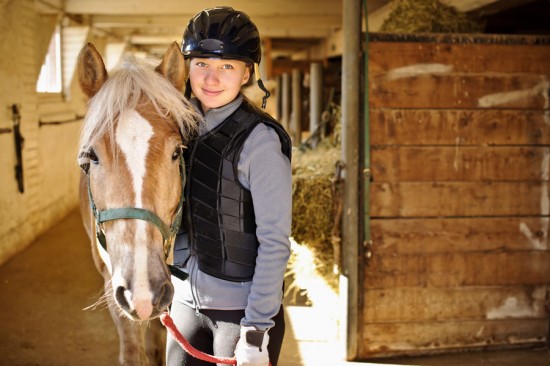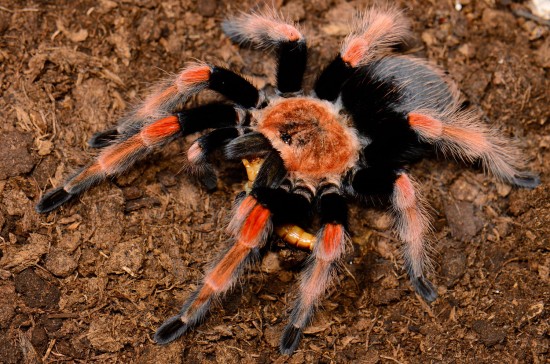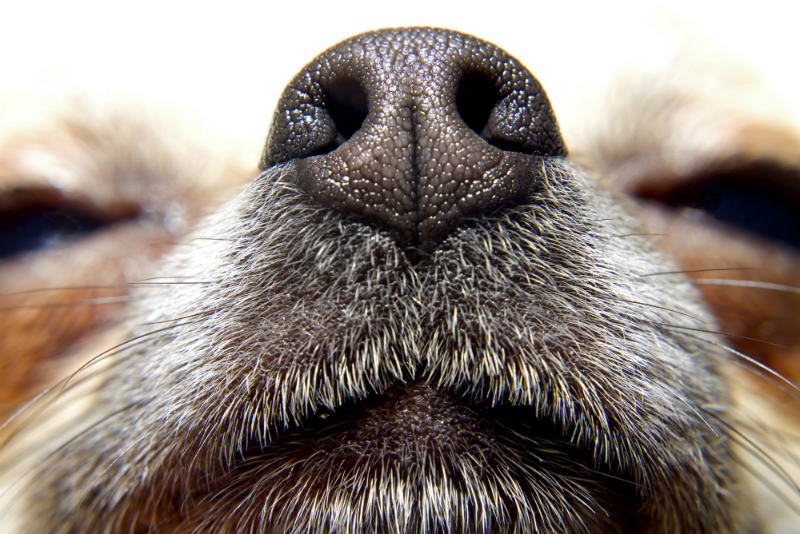Arthritis or joint pain is a common problem affecting aging dogs, as well as younger dogs that are too active, inactive or those suffering from obesity. This problem often begins as a small tear in the dog抯 cruciate ligament (Dog ACL), which often goes undetected and can lead to more serious conditions like full rupture of the cruciate, dog arthritis and cartilage (meniscus) injuries.
Early regular checkups and intervention are crucial in stopping the progression of this condition. Dog cruciate ligament ruptures require surgery in most cases to slow or prevent dog arthritis.
Dog cruciate injuries do not always happen suddenly ?gradual degeneration is common with partial tears, especially as the cruciate ligament weakens in some dogs as a result of aging. Constant movement and shifting of the knees can lead to wear and tear of the ligaments in younger dogs. That said, traumatic injuries can also occur in very active dogs, both large and smaller breeds, that are continually twisting, torquing and jumping.
At the bottom of the knees are the meniscus cartilages ?the shock absorbers of the joint while in motion. Using this damaged knee can squeeze, pinch or tear the cartilage or meniscus, causing even more pain and arthritis. First, the dog will avoid using the damaged leg when standing, walking, running or jumping. If left untreated, the progression of dog arthritis can lead to extreme pain and significantly reduce the dog抯 quality of life.
The symptoms of dog arthritis due to Cruciate Ligament Ruptures are firstly lameness ?which is severe in the beginning but can settle down over a week or two, can lead into a false sense of security about the wellness of the dog. Secondly stiffness of the joint and pain in the knee will be seen, but again this can dissipate for a while but when untreated, it can lead to more serious problems like:
* Instability of the knee if a full cruciate rupture occurs
* Joint swelling
* Severe lameness if the meniscus tears
* Atrophy (shrinking) of the muscles
There are several treatment options. Surgery will always be the best solution for just about all breed of dogs. The goal of surgery is to stabilize the knee and slow or stop the progression of dog arthritis.

 Breeding From Your Dog - Caring For The Dam After The Birth
Breeding From You
Breeding From Your Dog - Caring For The Dam After The Birth
Breeding From You
 How To Stay Safe Around Horses & Avoid Unnecessary Accidents
How To Stay Safe
How To Stay Safe Around Horses & Avoid Unnecessary Accidents
How To Stay Safe
 Cordon Bleu Finches
Cordon Bleu Finch
Cordon Bleu Finches
Cordon Bleu Finch
 Common Questions And Misconceptions About Tarantulas
Common Questions
Common Questions And Misconceptions About Tarantulas
Common Questions
 Let’s Compare Dog Anatomy with Human
Let’s Compare Dog Anatomy with Human